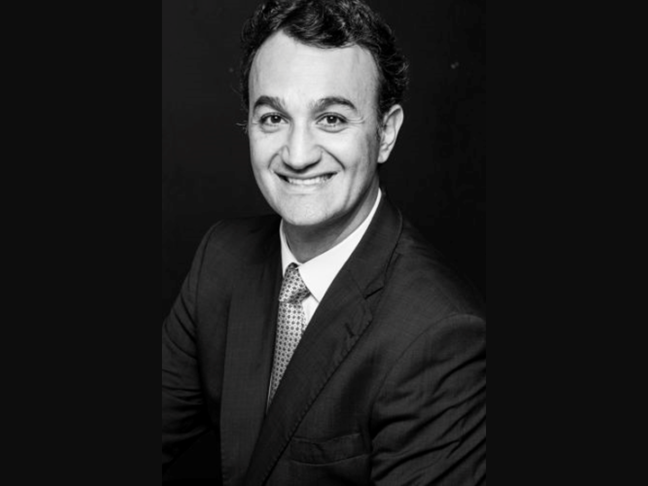Felipe Creazzo
Partner at
K&L Gates
Arvato Bertelsmann takes controlling stake in Intervalor
On 29 March, Guetersloh, Germany-based Arvato Bertelsmann increased its equity interest in São Paulo-based credit collections firm Intervalor to 81.5% following its initial 40% acquisition in June 2015. K&L Gates Partner Felipe Creazzo led the international legal team advising the buyer after having advised in the prior transaction.
Q: How did K&L Gates land the mandate to advise Arvato Bertelsmann?
A: I advised it on its initial 40% stake acquisition in 2015. It was a natural choice for the client to rely again on me at K&L Gates for the follow-on deal in view of my experience with the structure, with several of the commercial and business aspects related to the acquisition and with internal policies that needed to be reflected on the transaction documents. These aspects streamlined the transaction and made it more cost efficient. Needless to say, a local firm was needed to carry out local due diligence and make sure all the commercial aspects were properly reflected on the documents and complied with local law. Lobo & de Rizzo, the firm I was previously a partner with, which was involved in the first deal, was the appropriate choice. While I’ve left Lobo & de Rizzo Advogados, I have good friends there, very fine and seasoned M&A lawyers among them, and look forward to other opportunities to work together.
Q: How did the fact that you’d worked with this client shape your approach in this most recent transaction?
A: Although my Brazilian admission is properly suspended with the Brazilian Bar as I practice foreign law only, the client greatly benefited from my broader perspective of the transaction as a dual-admitted lawyer. My coordination of the local firm’s involvement ensured that all local law compliance was in place on an optimized and cost efficient manner. Since I’ve been on both sides, I can work with local firms effectively and also become a direct channel of information to the client with respect to many of the local law aspects that would normally take time to be digested. In an international capacity, it’s easier for me to reflect the clients’ business needs into the agreement.
Q: To what extent did Brazil’s current recession play a role in the timing of this deal?
A: Intervalor is a financial services provider in Brazil and one of its core activities is collection services. It’s an active moment for that type of industry in Brazil. Also, there’s a part of the business that includes the promotion of credit products that can be expected to recover significantly in the near future. This transaction was not based on a short-term perspective for Arvato Bertelsmann. It was generally a good moment to invest and to benefit from both still low prices and a more beneficial currency exchange rate.
Q: To what extent is the follow-on deal a reflection of achieving pre-established benchmarks?
A: The follow-on acquisition was the result of convenience and negotiation, but there were in fact opportunities for changing shareholding percentages that could materialize sooner or later based on the terms of the prior agreement. For this deal, it all came together as a result of friendly conversations among the shareholders. Everyone was happy with the progress made since the initial entry, and there was a lot of synergy and systems were being successfully integrated. There’s already a new face to the company. Becoming part of an international group is going to be beneficial to every stakeholder, from management to employees to shareholders. There’s an enormous positive vibration to this deal.
Q: Why was Intervalor the right stepping-stone into Latin America?
A: Brazil is not for the weak of heart, it’s a tough market to crack. Doing business here, by far the largest economy in Latin America, provides any foreign investor with useful tools not only to do business here, but also to succeed in other Latin American markets. It doesn’t necessarily mean that if something works here it will work in Chile or Argentina, but it does help starting with Brazil. The size of the market here in Brazil, as compared to other Latin American markets, was also an important factor.
Q: What made this deal stand out among other M&A transactions you’ve advised on?
A: It was a particularly complex deal. In terms of legal documentation, there was a prior acquisition arrangement in effect that had to subsist. Matching this new acquisition in 2017 with the previous one was hard work from a legal perspective, in every aspect of the transaction documents.

